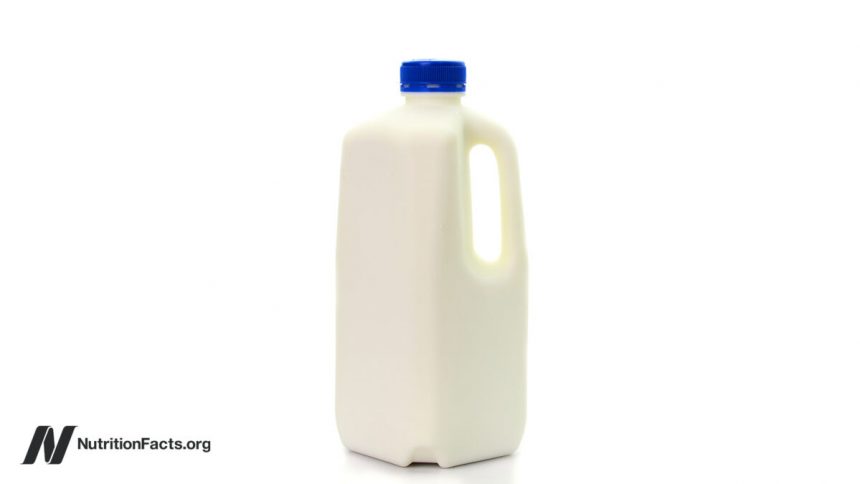Research suggests that dairy consumption may be linked to accelerated ovarian aging due to the steroid hormones and endocrine-disrupting chemicals found in cow’s milk. Studies show that dairy products supply a significant amount of female sex steroids ingested in the food supply. Consuming dairy products like yogurt or cream has been associated with an increased risk of anovulation, leading to infertility in women.
Women who consume higher levels of dairy protein have been found to have lower antral follicle counts, indicating accelerated ovarian aging. This could potentially have long-term effects on fertility and reproductive health. The presence of hormones in commercial milk, whether from pregnant or non-pregnant cows, could be a contributing factor. Further research is needed to understand the mechanisms behind the negative impact of dairy consumption on ovarian function.
It is important to consider how dietary choices, such as consuming dairy products, may affect fertility and reproductive outcomes. Studies suggest that dairy estrogen can potentially affect male fertility as well. Overall, it is crucial to be mindful of the potential health implications of consuming dairy products, especially for women trying to conceive.






